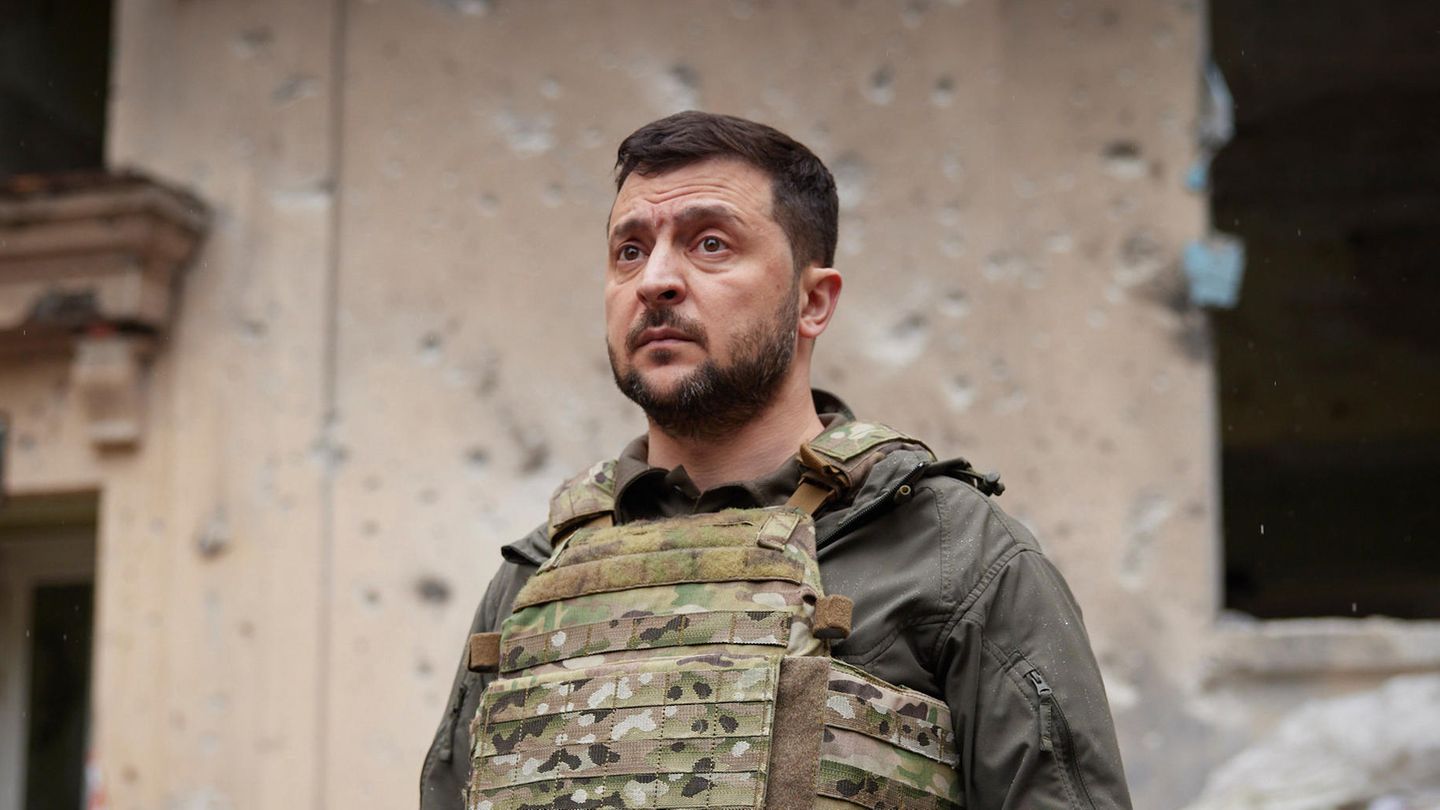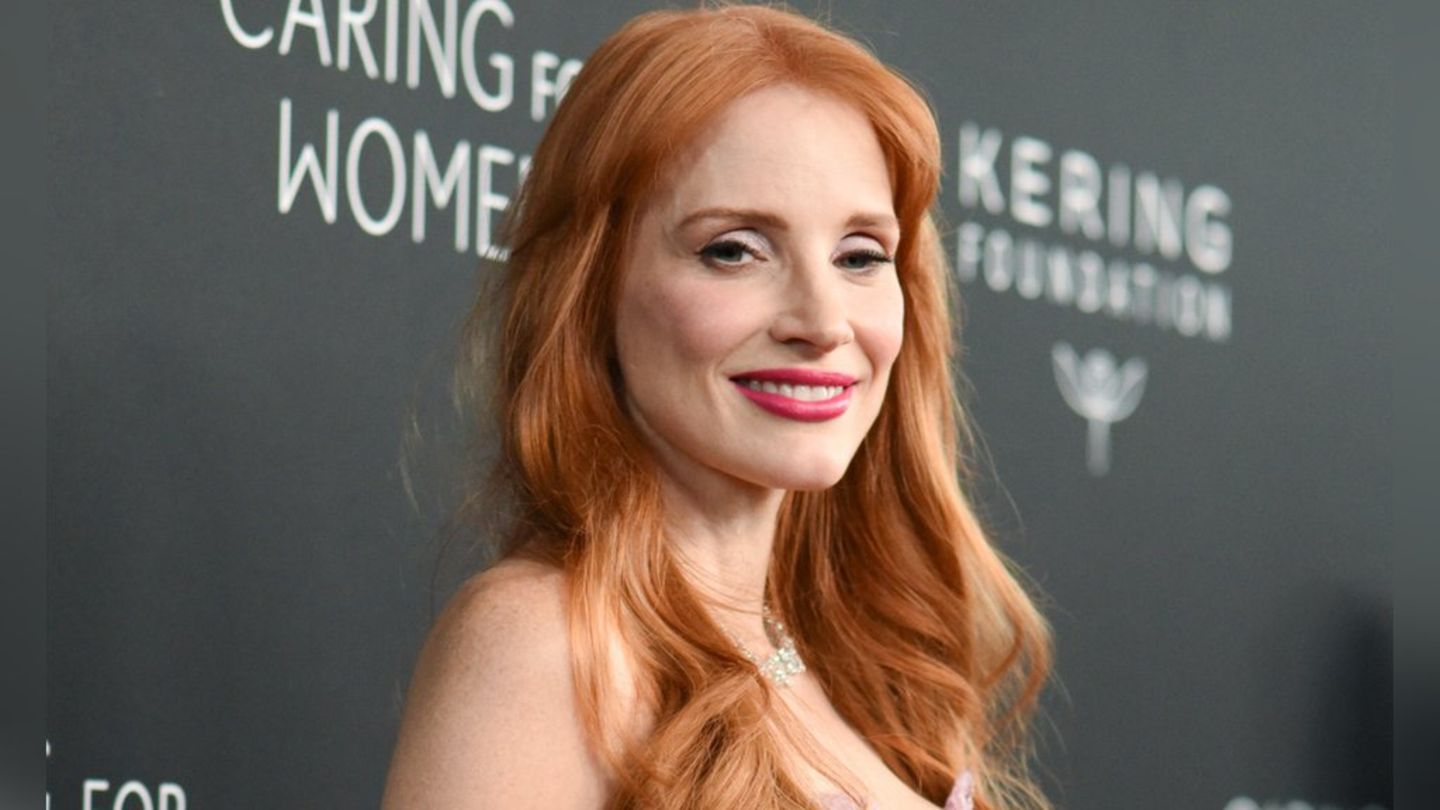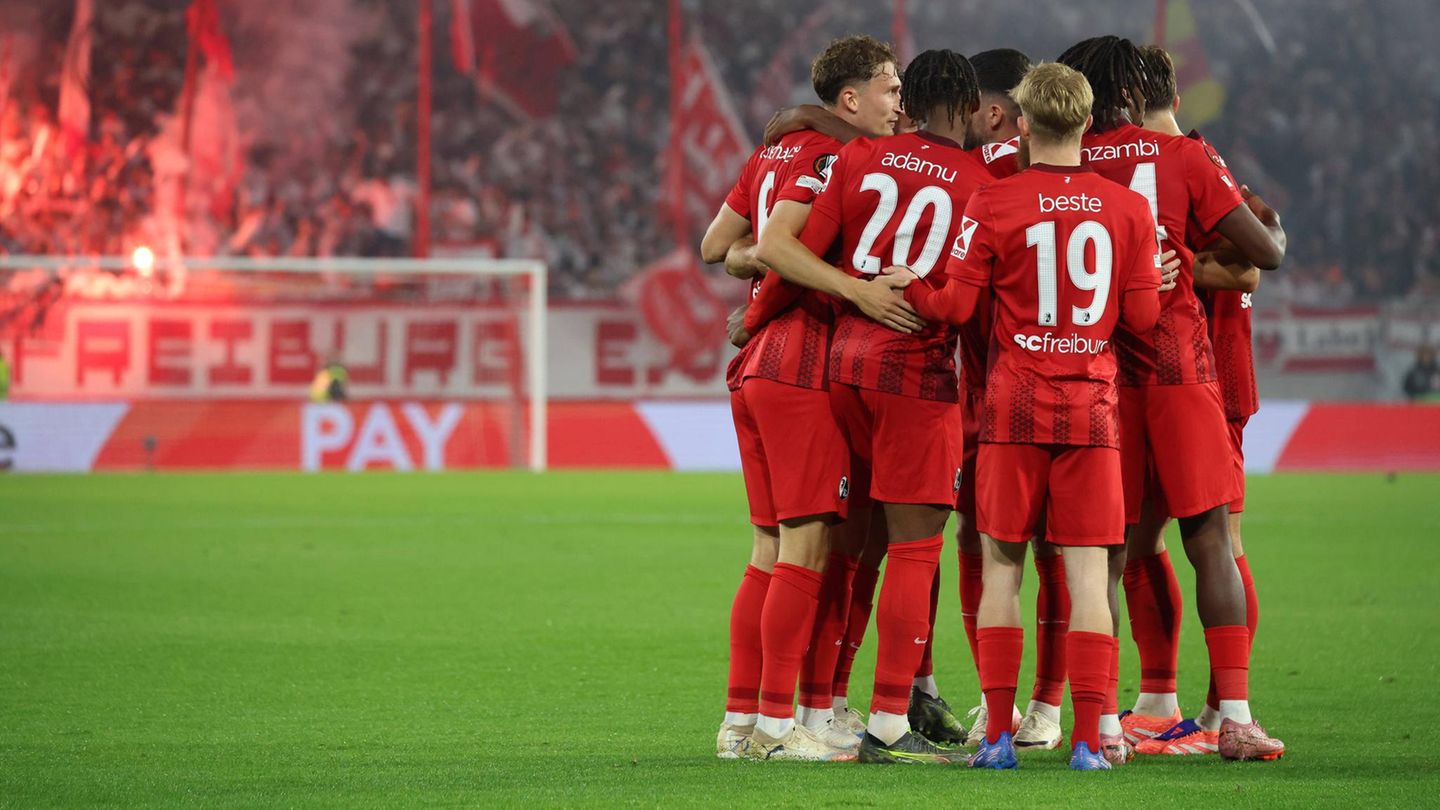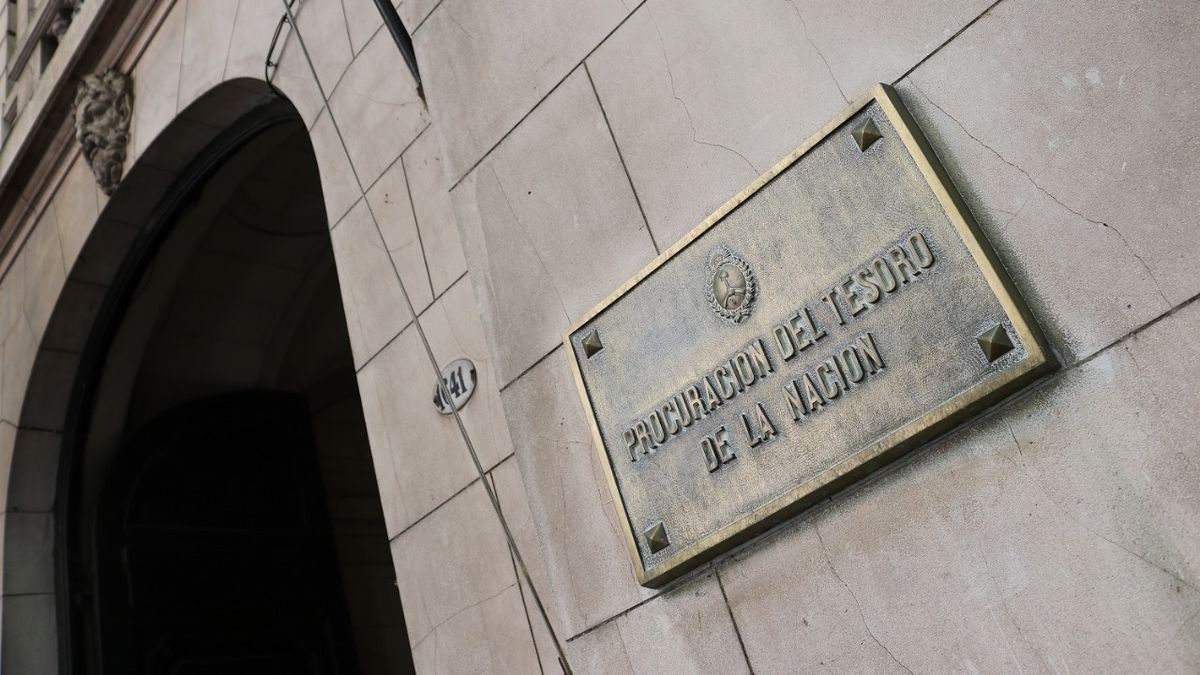The Russian war of aggression in Ukraine is entering its 112th day, with no end in sight. President Zelenskyj never tires of holding the West accountable. He is concerned about this.
Ukraine isn’t giving up, according to Volodymyr Zelenskyy. “This is our state,” he implored his troops in the face of the costly defensive battle in the east of the country. “Persevering there in the Donbass is vital.” Because that’s where it will be decided which side will dominate in the coming weeks. “There are losses and they are painful,” said Zelenskyj on Tuesday. But the higher the enemy’s losses, the less power he has to continue the aggression.
In doing so, the President once again attempted to uphold Ukraine’s determination in Russia’s destructive and grueling war of aggression, which after 112 days still has no foreseeable end – and which could now enter a critical phase that could determine the long-term outcome of the conflict.
At least that’s the view held by Western intelligence and military officials. They are currently sketching three scenarios, reported the , of how the further course of the war could look like:
- Russia is making gradual but further gains in territory in the east. The concern: If Russia succeeds in securing the areas, President Vladimir Putin could use the conquered territory as a base to advance even further into Ukraine.
- There is a stalemate on the front lines. The result: the war drags on for months or even years, leading to enormous losses on both sides and burdening the global economy in the longer term.
- Russia is redefining its war aims. The hope: The aggressor announces a victory, withdraws and tries to end the fighting.
The latter scenario, i.e. a withdrawal by Russia, is therefore considered the least likely. Conversely, this means that a longer-lasting war is much more likely.
As a result, President Zelenskyy never tires of holding the West accountable. “I’m sure if Ukraine isn’t strong enough, they will (Russia, note d. editor) go on,” he said on Tuesday, again urging faster and more far-reaching arms deliveries to his country. “We have shown them our strength. And it is important that this strength is also demonstrated by our western partners together with us.”
The wall against Moscow begins to crack
In recent days, several Ukrainian officials have expressed frustration that vital arms shipments are arriving piecemeal and fear that support may falter at the crucial moment.
Because there are already signs of the first cracks in the wall against Moscow, most recently in the . National interests and concerns about further escalation also play a role more and more frequently. The Russian President is testing the West’s pain threshold, trying to undermine its determination with threatening gestures () and arousing covetousness ( and ).
In other words, “Russia is waging its brutal war not only with tanks, missiles and bombs. Russia is waging this war with another terrible and quieter weapon: hunger and deprivation”, .
And this weapon turns out to be effective. Public attention is increasingly shifting from the battlefield to concerns about the cost of living, such as a (ECFR) suggests. Respondents from ten European countries (including Germany, Italy and France) now prefer an end to the conflict rather than holding Russia accountable – even if this meant Ukraine losing territory.
The study comes to key conclusions:
- While Europeans feel strong solidarity with Ukraine and support sanctions against Russia, they are divided on long-term goals. The “peace” camp (35 percent) wants the war to end as soon as possible. The “justice” camp (25 percent) sees punishing Russia as the more urgent goal. In all countries – except Poland – the “peace” camp is larger than the “justice” camp.
- The top concerns of EU citizens are rising living costs and energy prices, followed by the threat of nuclear escalation.
- Governments must find ways to bridge the gap between camps and strengthen European unity.
“Europeans have surprised Putin – and themselves – with their unity so far, but now the great tensions are coming,” quoted Britain’s Mark Leonard, co-author of the ECFR study. According to Leonard, governments’ ability to sustain public support for policies that can potentially harm both sides is crucial. He warned that the split between camps “could be so damaging between creditors and debtors during the euro crisis.”
“I think they will try to push us towards a peace deal”
In Ukraine, there seems to be a shared concern that Western priorities could shift. President Selenskyj’s adviser, Oleksiy Arestovych, hastily rejected a possible peace plan modeled on the Minsk agreement to pacify eastern Ukraine.
“I think they will try to push us to a peace agreement because of the food problems,” Arestovych said before the apparently planned visit of Chancellor Olaf Scholz, French President Emmanuel Macron and Italy’s Prime Minister Mario Draghi to the newspaper.
“I’m afraid they will try to achieve a Minsk III. They will say that we have to end the war that is causing food problems and economic problems, that Russians and Ukrainians are dying, that we have to save Mr. Putin’s face, that the Russians have made mistakes, that we must forgive them and give them a chance to return to world society.” According to Arestovych, this is a problem for Ukraine.
There are currently many indications that Chancellor Scholz and his counterparts from Italy and France will travel to the Ukrainian capital of Kyiv on Thursday (). Expectations of the expected visit are high. Scholz had hesitated for a long time to even embark on such a journey. First of all, one had to be settled, that he would “not join a group of people who would do something for a short time in and out with a photo session”, but if “then it’s always about very specific things.”
“We also don’t want him to just come to a photo shoot,” said President Zelenskyj in one go – and immediately expressed several expectations of his presumed guest:
- “We hope that Germany will provide military support to Ukraine.”
- “Furthermore, I expect that he will personally support us and that he is personally confident that Ukraine can join the EU and that candidate status will be granted to Ukraine as early as June.”
But Selenskyj’s expectations of Scholz go even further: “We need Chancellor Scholz to be sure that Germany will support Ukraine. He and his government must make a decision: a balancing act should not be attempted between Ukraine and relations with Russia, but you have to choose for yourself where to put your priorities.”
Selenskyj believes that the German people have already made up their minds. The leadership finds it difficult in view of many different challenges. “I can understand that,” he said.
Source: Stern
David William is a talented author who has made a name for himself in the world of writing. He is a professional author who writes on a wide range of topics, from general interest to opinion news. David is currently working as a writer at 24 hours worlds where he brings his unique perspective and in-depth research to his articles, making them both informative and engaging.




